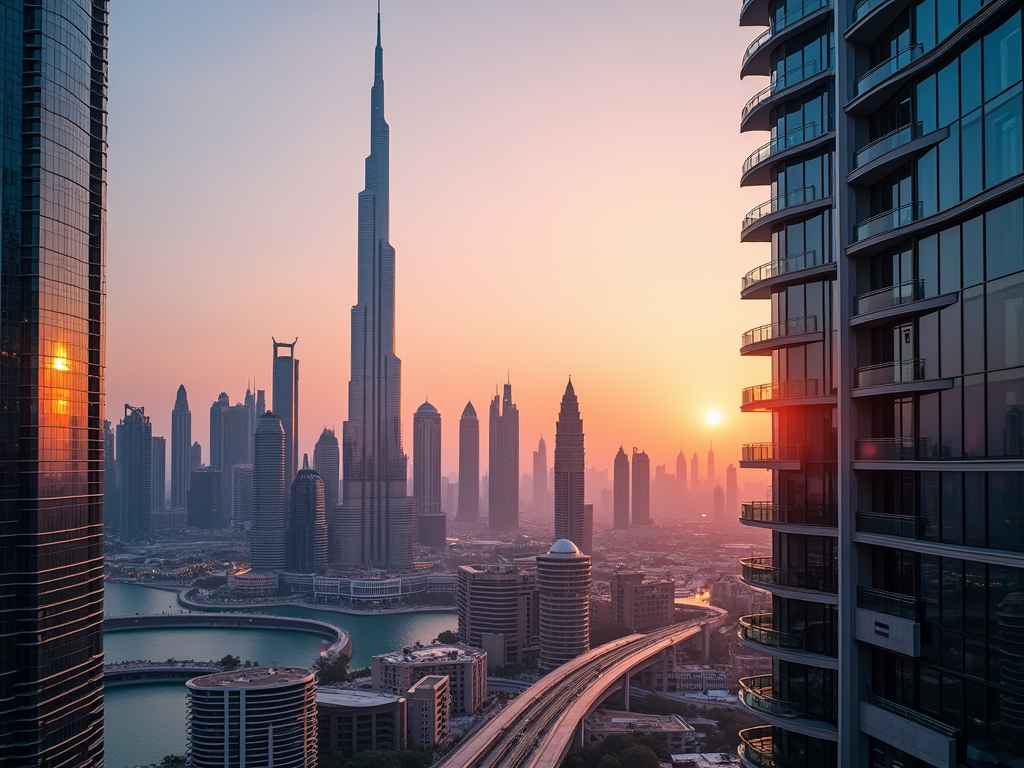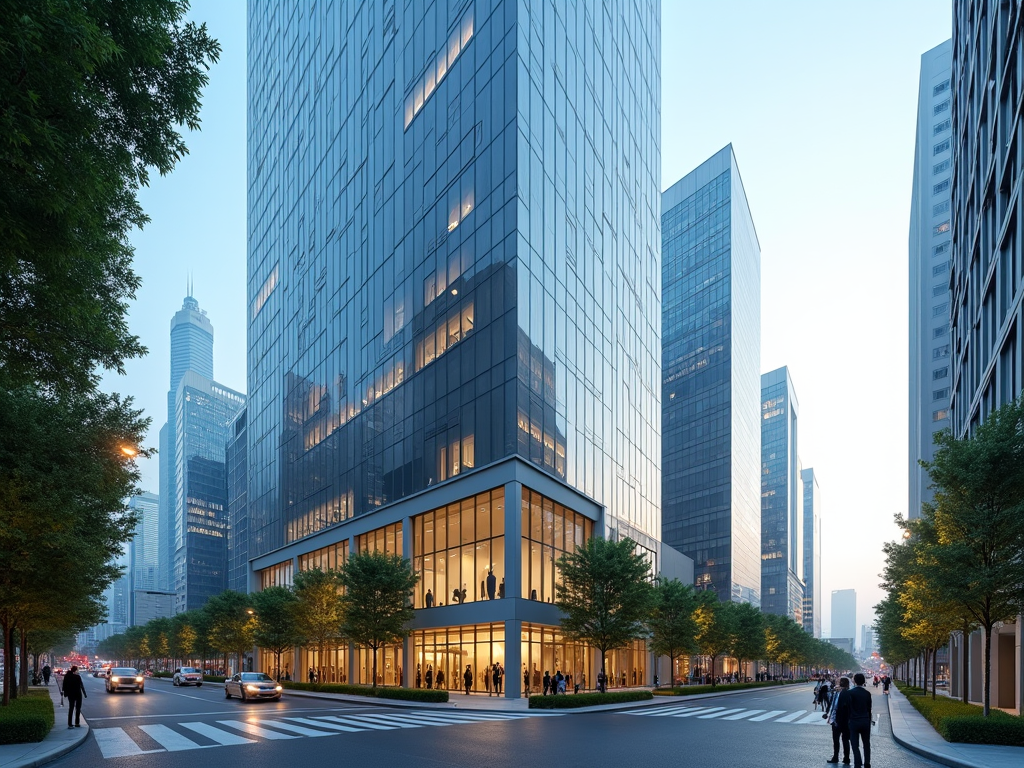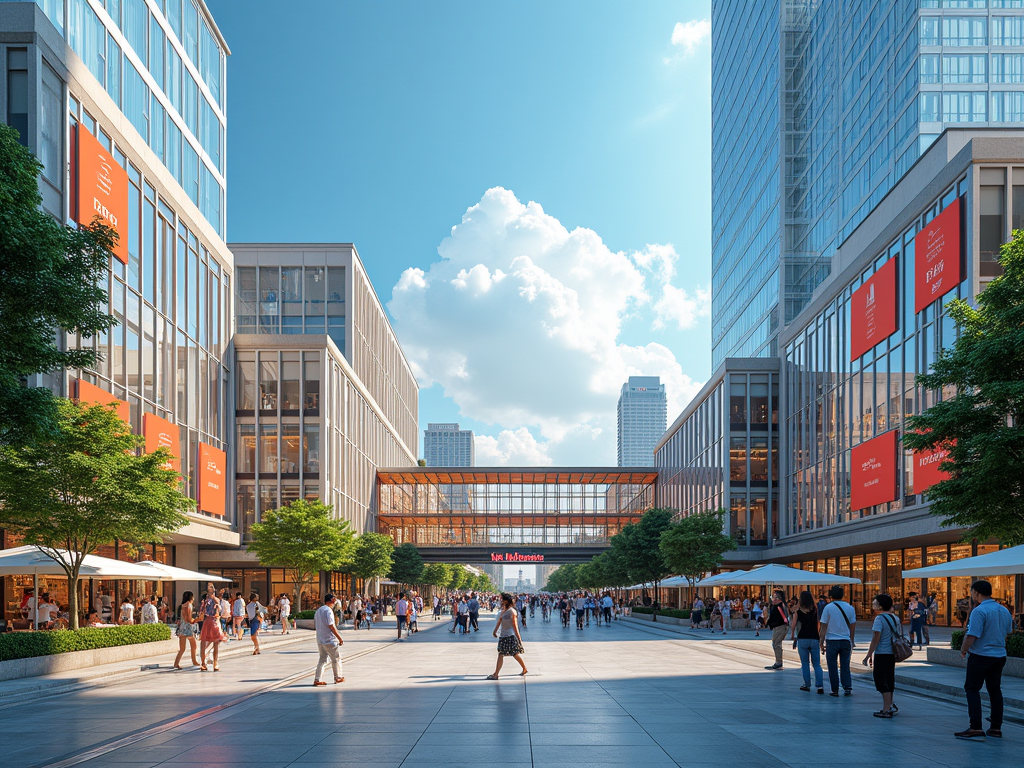The question of whether Dubai’s real estate market is overpriced is a nuanced issue that reflects various factors, from economic trends to local demand. Many potential investors and homeowners are drawn to the city because of its opulence, luxury lifestyle, and booming tourism. However, amidst this alluring façade, there are underlying questions regarding sustainability and valuation. In this article, we will delve into the intricacies of Dubai’s real estate pricing to provide a clearer perspective on whether the market is indeed overpriced.
Understanding the Dynamics of Dubai’s Real Estate Market

Dubai’s real estate market is characterized by rapid growth and fluctuation, driven by multiple factors including foreign investment, infrastructure development, and government regulations. The city has consistently attracted attention from international buyers, making it one of the most attractive markets globally. However, the price surge has raised concerns about inflation and market bubbles. To assess the current pricing structure effectively, it’s important to consider:
- Foreign Investment: A substantial percentage of property purchases in Dubai are made by foreign investors, drawn by the potential for high returns.
- Infrastructure Development: Continuous investments in infrastructure such as roads, schools, and hospitals enhance property values.
- Government Policies: Initiatives like long-term residency visas and economic free zones have motivated more foreign ownership.
- Market Trends: Changes in global economic conditions can influence investment flows and prices.
- Speculation: The culture of flipping properties can lead to inflated prices, adding to the overall perception of being overpriced.
Market Comparisons: Dubai vs. Global Real Estate Hubs

To evaluate whether Dubai is overpriced, it is essential to compare it with real estate markets in other major global cities. Here are a few comparisons:
- London: Average property prices in London often set a global benchmark and tend to be higher than in Dubai.
- New York: Properties in New York’s prime locations can be exorbitantly priced, surpassing Dubai’s market rates.
- Hong Kong: Known for its high property values, Hong Kong frequently experiences pricing that outstrips that of Dubai.
- Singapore: A competitive market, its real estate prices often exceed those in Dubai, reflecting its demand and limited supply.
While comparing these markets, it’s crucial to consider the unique economic, cultural, and geographical contexts of each city. Although Dubai’s prices might seem high relative to local incomes and rents, they may be reasonable compared to international benchmarks.
Several factors play a significant role in influencing property prices in Dubai. Some primary considerations include:
- Supply and Demand: A balance between new construction and demand from buyers heavily impacts property values.
- Economic Indicators: Unemployment rates, GDP growth, and population growth can either buoy or dampen demand.
- Interest Rates: Low-interest rates promote borrowing, increasing buyer capacity and ultimately driving prices up.
- Market Sentiment: Public perception of Dubai’s economy can markedly affect buying behavior and, consequently, pricing.
- Luxury Developments: High-end projects tend to skew average prices upward, creating an overall impression of a high-priced market.
Are Current Prices Sustainable?
Considering sustainability in pricing is vital in understanding long-term market health. As of now, the demand continues to be spurred by various sectors, such as tourism and expatriate investments. However, questions arise about whether current price levels can be maintained. Analysts closely monitor potential indications of a market correction, which could translate to falling prices if circumstances were to change. More specifically, indicators to watch include:
- Increase in Supply: An oversaturated market could lead to declining prices if demand doesn’t keep pace.
- Global Economic Trends: A downturn in the global economy might decrease foreign investments and weaken demand.
- Local Economic Policies: Changes in regulations regarding property ownership could sway potential buyers.
- Cultural Changes: A shift in expatriate lifestyles or domestic economic stability could influence demand.
Conclusion
In conclusion, while certain indicators suggest that Dubai’s real estate market may be overpriced, context is crucial in this analysis. Comparisons with other global cities showcase that, while high, certain investments in Dubai can still offer reasonable value. Ultimately, prospective buyers need to conduct thorough research, weighing the current economic climate against high pricing trends. As the market continues to evolve, keeping an eye on these dynamics will ensure informed decision-making.
Frequently Asked Questions
1. Is Dubai real estate a good investment?
Yes, Dubai real estate can be a good investment due to its strategic location, growth potential, and tax incentives for foreign investors.
2. What are the current trends in Dubai’s property market?
Current trends indicate increased interest from foreign buyers and a growing number of luxury developments, contributing to rising prices.
3. How does the pricing in Dubai compare to other cities?
While Dubai’s prices are considered high, they are competitive when viewed against cities like London and Hong Kong, which have even steeper real estate prices.
4. What factors can lead to a decline in property prices in Dubai?
Potential factors include oversupply, shifts in economic conditions, or changes in expatriate demand due to lifestyle changes.
5. Should I buy property in Dubai now or wait?
The decision hinges on personal circumstances and market conditions; consulting real estate professionals and analyzing current trends can provide clarity.



